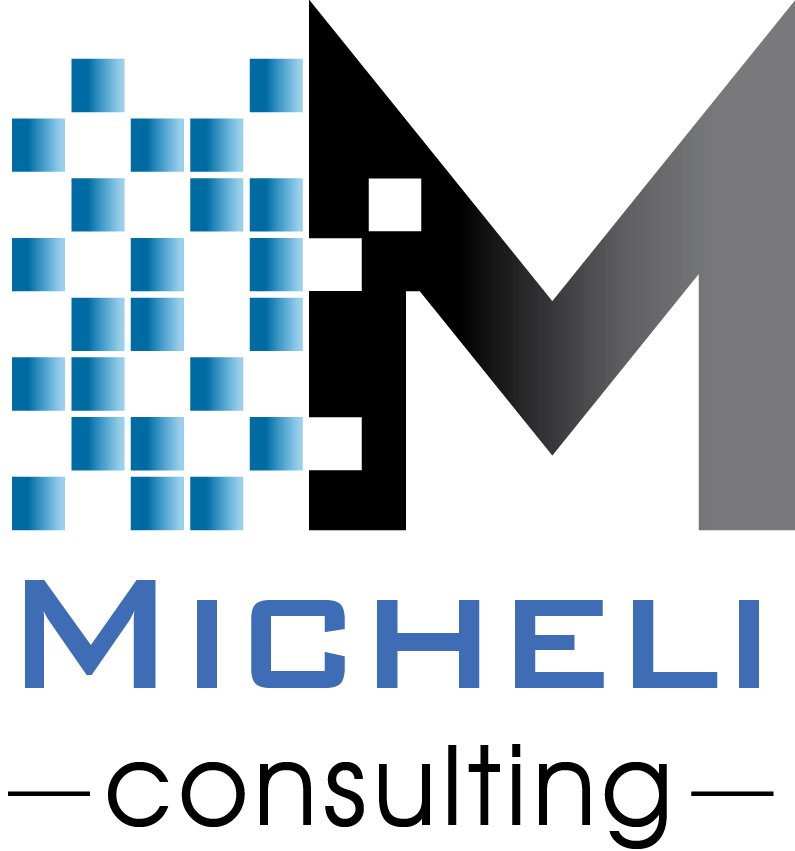Originally posted 3-20-2011:
I am sure many of you have been following the tragic events that have occurred in Japan over the last couple weeks. The devastation and destruction from the earthquake and ensuing tsunami are beyond belief. And to top all of that off, the country and the rest of world have nervously been watching the nuclear crisis at the Fukushima Dai-ichi power plant. The coverage of this crisis has uncovered scandal involving shortcuts taken around nuclear safety in Japan.
What is interesting to me is for some years now I have learned that the nuclear industry is an extremely safe one. I have written a couple articles around using the airline industry as a model for patient safety and where that analogy can fall short. The second industry that has brought up in my Patient Safety courses as a model to look at is nuclear safety. Like aviation, nuclear energy needs to be safe to prevent an accident that can effect many lives at once.
I realize a 9.0 earthquake is a pretty extreme circumstance. However, after reading about the safety shortcuts taken, I wonder if maybe some of the radiation leakage from last week could have been prevented. I also wonder if they power plant engineers had an adequate emergency plan for a major earthquake. It is hard to say for sure as the article says, "There's not enough transparency in the industry."
And that is the quote that concerns me the most from reading this. I have also touched on under reporting of errors in hospitals. Without transparency there is no way to learn from potentially dangerous errors. Hiding errors that can lead to safety allows the system to be exposed to future safety issues. I think this article can be seen as an example where Patient Safety should look at the nuclear industry...to show what should not be done. Reporting and learning from medical mistakes needs to happen to make sure those mistakes are not repeated. Let's keep promoting transparency to at all levels of healthcare to ensure the best outcomes for the patients.
I am sure many of you have been following the tragic events that have occurred in Japan over the last couple weeks. The devastation and destruction from the earthquake and ensuing tsunami are beyond belief. And to top all of that off, the country and the rest of world have nervously been watching the nuclear crisis at the Fukushima Dai-ichi power plant. The coverage of this crisis has uncovered scandal involving shortcuts taken around nuclear safety in Japan.
What is interesting to me is for some years now I have learned that the nuclear industry is an extremely safe one. I have written a couple articles around using the airline industry as a model for patient safety and where that analogy can fall short. The second industry that has brought up in my Patient Safety courses as a model to look at is nuclear safety. Like aviation, nuclear energy needs to be safe to prevent an accident that can effect many lives at once.
I realize a 9.0 earthquake is a pretty extreme circumstance. However, after reading about the safety shortcuts taken, I wonder if maybe some of the radiation leakage from last week could have been prevented. I also wonder if they power plant engineers had an adequate emergency plan for a major earthquake. It is hard to say for sure as the article says, "There's not enough transparency in the industry."
And that is the quote that concerns me the most from reading this. I have also touched on under reporting of errors in hospitals. Without transparency there is no way to learn from potentially dangerous errors. Hiding errors that can lead to safety allows the system to be exposed to future safety issues. I think this article can be seen as an example where Patient Safety should look at the nuclear industry...to show what should not be done. Reporting and learning from medical mistakes needs to happen to make sure those mistakes are not repeated. Let's keep promoting transparency to at all levels of healthcare to ensure the best outcomes for the patients.
